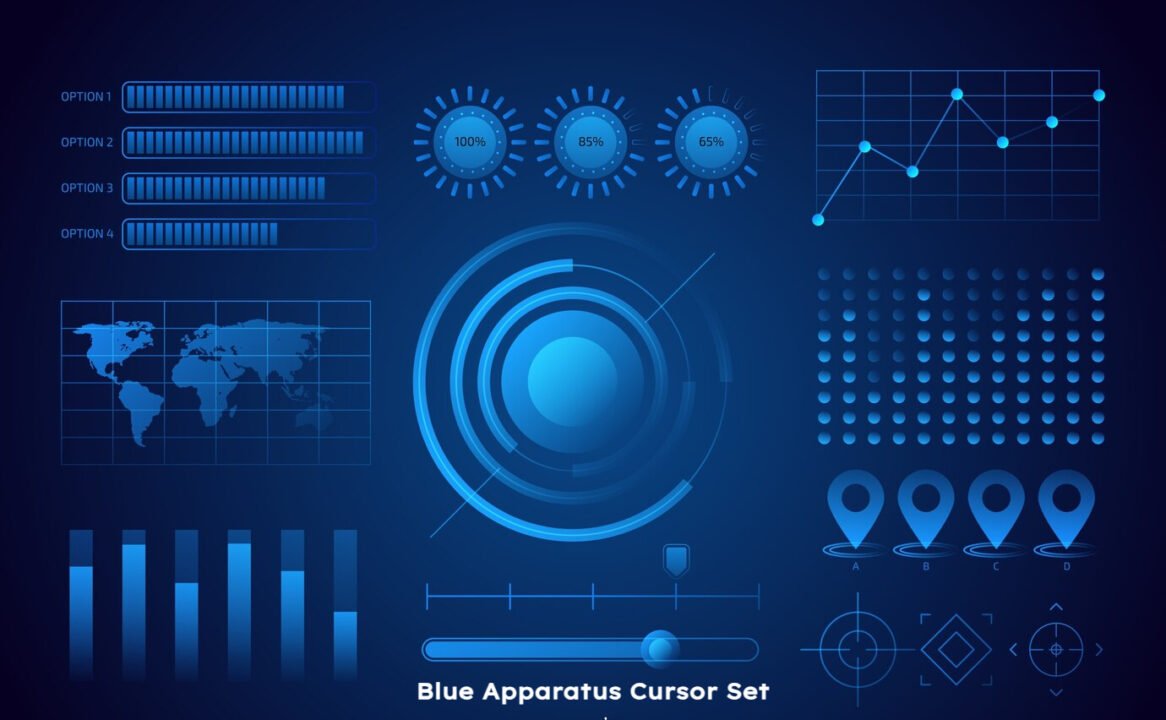Integrating the Wowza Gradle Plugin into a developer’s toolset enables a more seamless and efficient workflow when working with Wowza media streaming projects. This article explores the plugin’s functionality, implementation, and benefits for developers, showing how it automates processes, optimizes build configurations, and enhances the experience of managing Wowza-based projects.
What is the Wowza Gradle Plugin?
The Wowza Gradle Plugin is a purpose-built tool that simplifies the task of managing build automation and deployment for Wowza Streaming Engine projects. Gradle, a widely used build automation tool, allows for a flexible and customizable build process. When combined with Wowza, the plugin provides developers with streamlined solutions for building, testing, and deploying Wowza modules without needing a lot of manual configuration.
You May Also Like: Patreon Login Guide: Step-by-Step Access and Troubleshooting
Why Use the Wowza Gradle Plugin?
For developers working in media streaming, particularly with Wowza Streaming Engine, configuring builds and deploying updates manually can become time-consuming. The Wowza Gradle Plugin eliminates many repetitive tasks, making it easier to manage changes, automate builds, and ensure consistency across projects. With this plugin, developers can:
- Automate build and deployment processes.
- Enhance consistency in managing dependencies and configurations.
- Increase productivity by reducing setup and build times.
Key Features of the Wowza Gradle Plugin
The Wowza Gradle Plugin offers a range of features aimed at improving the developer experience and simplifying project workflows. Some of the notable features include:
Build and Deployment Automation
The plugin’s build automation feature allows developers to compile and package Wowza modules seamlessly. This helps developers avoid manual steps and ensures that modules are configured and deployed correctly every time, leading to faster release cycles.
Configuration Management
Managing dependencies and configurations is simplified through the plugin’s integration with Gradle’s configuration capabilities. The Wowza Gradle Plugin enables the specification of dependencies directly in the build file, making configuration management much more efficient and repeatable.
Streamlined Debugging and Testing
For developers, debugging and testing are critical phases of the development cycle. The plugin provides integrated support for debugging Wowza modules and allows for continuous testing within the Gradle environment, making it easier to catch errors early in the development process.
How to Install the Wowza Gradle Plugin
Step 1: Set Up Your Wowza Project
Before using the Wowza Gradle Plugin, ensure that your project is properly set up within the Wowza Streaming Engine. The necessary project files and directory structure should be in place for the plugin to interact seamlessly with Wowza modules.
Step 2: Add the Plugin to Your Gradle Build Script
To integrate the Wowza Gradle Plugin, include the plugin in your project’s build.gradle file. Add the following lines to ensure the plugin is included:
This simple addition enables the Wowza Gradle Plugin in your project, providing access to its functionality and commands.
Step 3: Configure Plugin Tasks
After installing the plugin, configure the tasks based on your project’s requirements. Some essential tasks include building, packaging, and deploying modules to Wowza. For example, use the following code to specify build and deployment tasks:
This configuration helps ensure that the Wowza Gradle Plugin can interact securely with your Wowza Streaming Engine.
Running Wowza Gradle Plugin Tasks
Once configured, the Wowza Gradle Plugin allows you to execute various tasks to streamline development and deployment. These tasks can be initiated directly from your integrated development environment (IDE) or the command line.
Commonly Used Tasks
- Build: Compiles your Wowza module.
- Package: Packages the module into a deployable format.
- Deploy: Deploys the module to the Wowza Streaming Engine.
Each of these tasks plays a role in simplifying your workflow and making it easier to implement changes, test updates, and maintain consistent build standards.
Example Command
To deploy a Wowza module, run the following command:
This command, using the Wowza Gradle Plugin, streamlines the deployment process, ensuring that the latest version of your module is active on the server.
Benefits of the Wowza Gradle Plugin for Development Teams
Using this Plugin offers a number of advantages, particularly for development teams working on media streaming solutions:
Improved Efficiency
By automating repetitive tasks, the Wowza Gradle Plugin saves development teams significant time. Teams no longer need to manually configure and deploy updates, freeing up resources to focus on other aspects of the project.
Enhanced Reliability
The plugin minimizes the risk of errors by enforcing consistent configurations and build practices. As a result, teams experience fewer issues related to misconfigured dependencies, incorrect deployments, or incompatible builds.
Better Team Collaboration
For larger development teams, maintaining uniform build processes can be challenging. This Plugin makes collaboration easier by ensuring that all team members work with the same build configurations and dependencies.
Troubleshooting Common Issues with the Wowza Gradle Plugin
Despite the ease provided by the plugin, some users encounter occasional issues. Here are a few common troubleshooting steps to address these challenges:
Build Errors Due to Incorrect Configurations
Ensure that all required configurations, such as server URL, username, and password, are correctly defined in the build.gradle file. Missing or incorrect values may lead to build failures.
Deployment Issues
Deployment issues often arise due to network connectivity problems or outdated Wowza server configurations. Confirm that your Wowza server is up-to-date and accessible before deploying modules.
Plugin Compatibility with Gradle Versions
As Gradle is frequently updated, some versions may not be fully compatible with the Wowza Gradle Plugin. Check the plugin’s documentation to ensure compatibility with your version of Gradle.
Best Practices for Using the Wowza Gradle Plugin
To make the most of the Wowza Gradle Plugin, developers should follow a few best practices:
Regularly Update the Plugin
Ensure that the Wowza Gradle Plugin is always updated to the latest version to take advantage of new features, bug fixes, and security improvements.
Use Gradle’s Built-In Features
Gradle offers many built-in features, such as dependency caching and parallel builds, that can enhance the functionality of the Wowza Gradle Plugin. Utilizing these features alongside the plugin can further optimize the build process.
Document Build Processes
For larger teams, document your build and deployment processes to help new team members get up to speed quickly. Proper documentation can make it easier to troubleshoot issues and maintain consistent standards across the team.
How the Wowza Gradle Plugin Enhances Wowza Streaming
The Wowza Gradle Plugin revolutionizes how developers manage Wowza-based projects. Through automation, enhanced testing support, and simplified deployment, the plugin makes it easier to build and deploy Wowza modules. In a field as fast-paced as media streaming, these efficiencies allow development teams to stay agile, deliver updates faster, and maintain high-quality standards.
Integrating with CI/CD Pipelines
For organizations using continuous integration and continuous deployment (CI/CD) pipelines, thisPlugin integrates smoothly with tools like Jenkins, CircleCI, and GitHub Actions. Incorporating the plugin into your CI/CD pipeline ensures that every update is automatically tested and deployed, reducing manual oversight and improving release reliability.
Real-World Use Cases
- Media Broadcasts: Broadcast media companies often use Wowza to manage live streams. This Plugin allows developers to automate and streamline updates, making it possible to integrate new features or configurations seamlessly.
- E-Learning Platforms: Educational platforms using Wowza for live or recorded lecture streaming can use the plugin to maintain updated modules, ensuring that the latest features are consistently deployed.
Future of the Wowza Gradle Plugin
As demand for advanced media streaming solutions grows, tools like the Wowza Gradle Plugin will become essential. With continued development, the plugin will likely incorporate new features that will further enhance its integration capabilities and functionality. For development teams, this Plugin represents an investment in efficiency and scalability.





